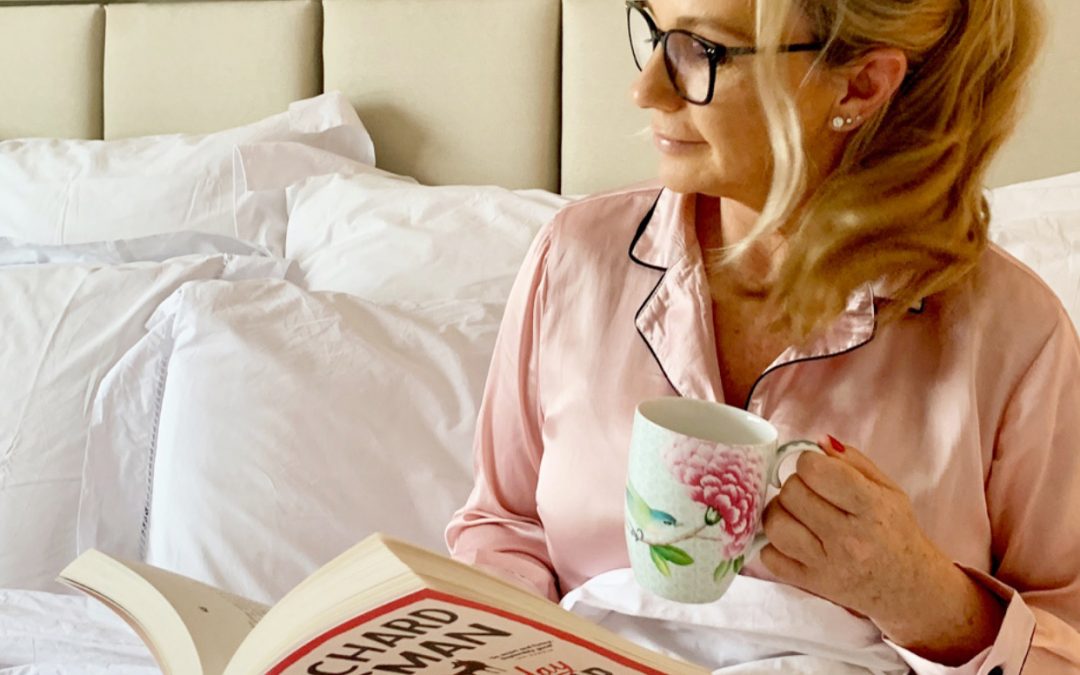“If you’re getting six hours of sleep or less, you have a 200% increased risk of having a fatal heart attack or stroke in your lifetime” – Matthew Walker Professor of Neuroscience and Psychology
We used to think that sleep was just a way to recover from the rigours of the day and not needing much sleep was seen as a sign of strength “I’ll sleep when I’m dead” attitude. Science has shown that getting a good night’s sleep can improve our performance, our learning and memory, our immune system, repair damaged cells and of course, reduce our stress levels.
Sleep deprivation is a major contributing factor to burnout. Poor sleep also contributes to a host of health issues including stroke, heart attack, high blood pressure, poor reproductive system, weight gain and depression.
Here are 7 things that may be affecting your sleep.
- Anxiety and Depression. Work, health, financial pressures can bring your mood down. Anxiety regarding the return to the office or just facing the outside world once again as restrictions start to lift. Delegate, seek help, use meditation or breathing exercises, yoga. Check any side effects due to medications you may be taking.
- Your Phone/Tech devices. The blue light wavelength suppresses melatonin (our sleep hormone) and are a common source of stimulation or stress. Set an alarm on your phone for one hour before bedtime to switch to night time mode. Stay away for all tech during this time.
- Exercise. Vigorous exercise late on can raise your stress hormone. Allow a 2 -3 hour gap after exercising before bedtime.
- Your Diet. Eating late in the evening can cause you to feel physically uncomfortable. You may experience heartburn or acid reflux. If you are hungry late on, opt for a light snack.
- Alcohol and Caffeine. Alcohol is a sedative that can make you feel tired or relaxed. However, it also disrupts the quality of your sleep. So go easy on that nightcap. Caffeine is a stimulant that can keep you awake and the effects can take 6-8 hours to wear off. Be aware that caffeine is also present in other beverages such as sodas, teas, chocolate and some medications. Not just coffee.
- Lack of Routine. Changing your sleep and wake times confuses your body’s biological clock – your circadian rhythm. This is unavoidable for shift workers. Allow at least an hour of wind down time before heading to bed. Wash, brush your teeth, put on your pyjamas, turn off the tv.
- Light, Sound and Temperature. A quiet, dark, cool environment is ideal for sleep. Invest in a decent mattress, black out blinds, earplugs and declutter your bedroom. It should be your sanctuary. Leave the bedroom door ajar or a window slightly open for fresh air if possible. Keep it gadget free.
A good night’s sleep begins in the morning. Try to wake up at the same time during the week and at weekends. This helps set your natural internal clock and provides you with more energy during the day.
Daylight is key to regulating daily sleep patterns. If you are not up for waking up with the sun, try to get out in natural sunlight for at least 30 minutes a day. The earlier on the better. Take an early morning walk.
Numerous scientific studies have shown that the sweet spot for a good night’s sleep is between 7-9 hours. Of course, there are always exceptions to the rule and a rare few may ok with less. If you do happen to struggling to get off to sleep and are still lying awake after 15 – 20 mins, do not lie in the bed awake. Get out of the bed and read a book or do a relaxing activity such as stretching or journaling until you feel sleepy.


Recent Comments